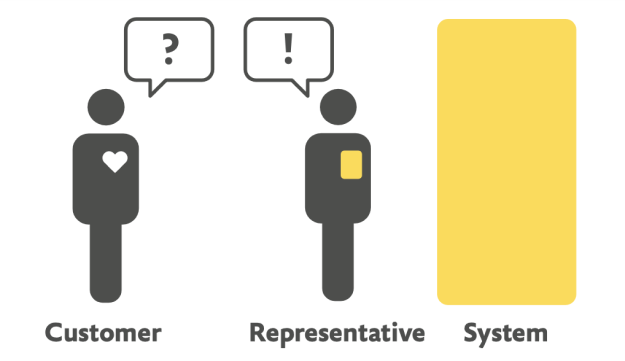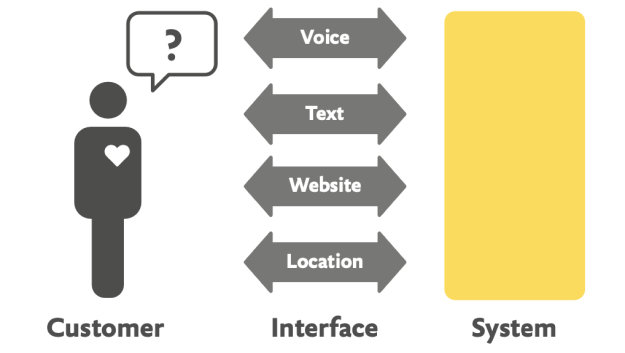Conversational Design for Digital Product
-
2 mins
Grice’s Maxims: Cooperative Principle
| Principle | Description |
|---|---|
| Quantity | Just enough information - Make your contribution as informative as is required (for the current purposes of the exchange). - Do not make your contribution more informative than is required. |
| Quality | Be truthful - Do not say what you believe to be false. - Do not say that for which you lack adequate evidence. |
| Relation | Be relevant - Say things that are pertinent to the discussion. |
| Manner | Be brief, orderly, and unambiguous - Avoid obscurity of expression. - Don’t be ambiguous. - Avoid unnecessary prolixity. |
| Be polite | Be considerate - Don’t impose. - Give options. - Make the listener feel good. |
Mobile Human Computer Interaction


How it works:

Design principles
- 🧠 How might we reduce cognitive load for our customers?
- 🐎 How might we take simple and short actions for our customers?
- 🌏 How might we create real artifacts for our customers?
- 👁️ How might we create beautiful aesthetics for our customers?
4 Dimensions of Tone of Voice
A product’s tone of voice communicates how an organization feels about its message. The tone of any piece of content can be analyzed along 4 dimensions: humor, formality, respectfulness, and enthusiasm.

Tone spectrum
The right tone depends on a user’s contextual needs and corresponding emotions for that experience, as well as how involved and emotional we need to be in the process.
